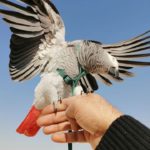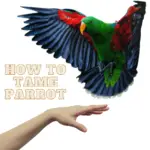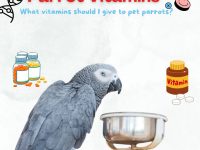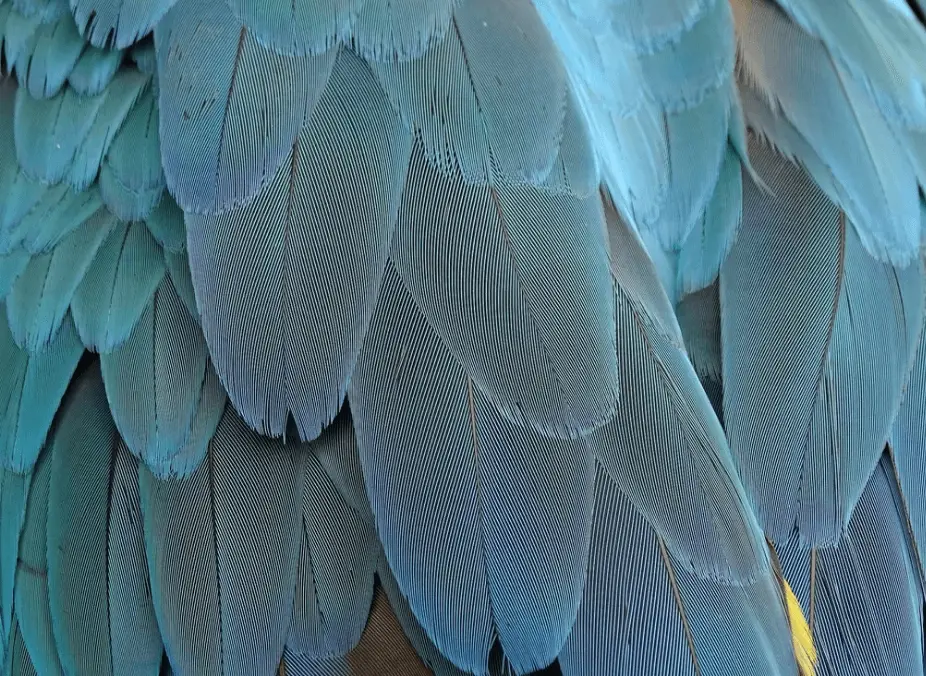Why do parrots fluff up? Why do parrots grip their feathers? and why does my parakeet puff up?
Parrots tear up their feathers for several reasons. In the wild, for example, they use plucked feathers to line their nests during the breeding season. Many feathers also fall out while they go through their normal preening and grooming routine.
Why do birds inflate their feathers in winter?
When the birds inflate their feathers, they are able to enclose air in the feathers. The air is a bad conductor of heat, so it prevents the loss of heat from the bodies of the birds to the environment and as such make it not get cold in winter. Birds are cold, which is why they inflate their feathers.
What does it mean when a parrot swells?
Cockatiel fluffed up
SOURCE:Parrot Post
Why do African greys pluck their feathers
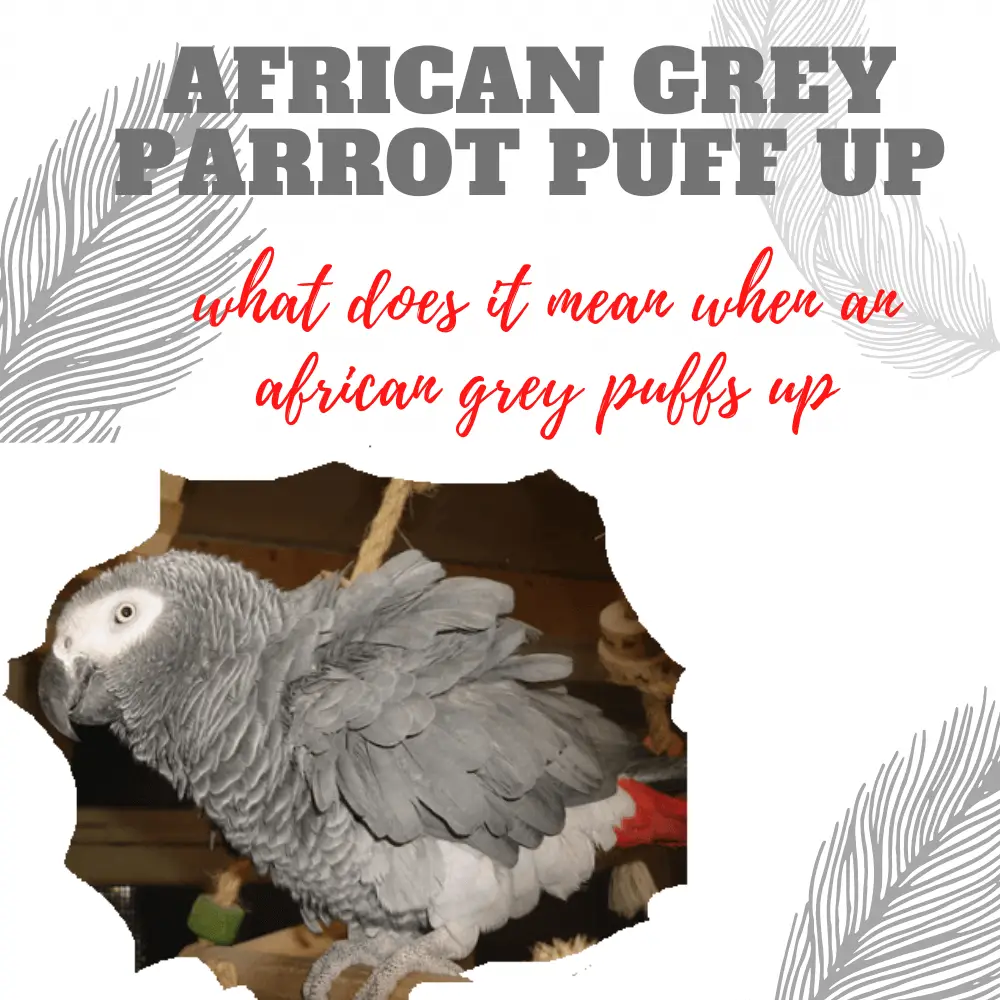
Why is my Parrot Fluffing
Behavior in the event of a plumage problem
In captivity, a plucked parrot can be a sign of veterinary or environmental problems. This is also called Parrot feather picking. You may notice that your parrot chews on its feathers or goes so far as to damage its own skin. Parrots can also grab the feathers of their other companions. You will usually see damage to the feathers on the chest and neck, which are the easiest to hit with the beak.
If you suspect that your bird has torn off its feathers, the best advice is to take it to an avian veterinarian as soon as possible. If the veterinarian determines that your parrot is free from psittacine beak and feather disease ( PBFD) or other medical issues, then your parrot’s pecking is most likely due to an environmental issue.
Causes
Why is my Parrot Fluffing? Stressed birds move around to pacify themselves, sometimes out of boredom or lack of interaction? There can be medical causes due to diet, toxic exposures, and infections. Your vet will likely ask questions to try to get to the root of the problem. He will do a physical exam and lab tests.
To determine if there is an environmental cause for the parrot’s behavior, ask yourself the following questions:
- Does the parrot eat healthily? A nutritional deficiency can stress the bird to the point of plucking it and causing further self-harm. A calcium deficiency for example. We explain everything in our article ” Importance of calcium in parrots ”
If you find that your parrot’s diet is not appropriate, try to vary it a little by adding a few fresh fruits and vegetables each day. If you’ve only fed your bird a seed-based diet, it may be lacking in nutrients. - Is the parrot cage clean and comfortable? Exotic birds are hygienic animals by nature. Thus, a dirty and poorly maintained cage is detrimental to their mental and physical health. Check your parrot’s cage to see if better maintenance is needed.
- Is the parrot getting enough attention and mental stimulation? Parrots are very intelligent and social creatures. They need to interact with members of their herd and sometimes strip off if they feel neglected. Evaluate the quality time you spend with your pet and make sure you provide enough socialization, interaction, and play.
- Is your bird getting enough sleep? Tropical birds need more sleep than humans and prefer a regular sleep schedule. Your parrot may need its own dark, quiet bedroom to ensure that it is getting enough rest.
- Have there been any recent changes in your household? If anything has changed, it can cause stress. It could be a move, a change of household members, or pets. It could be due to a different time as well.
Why is my Parrot Fluffing
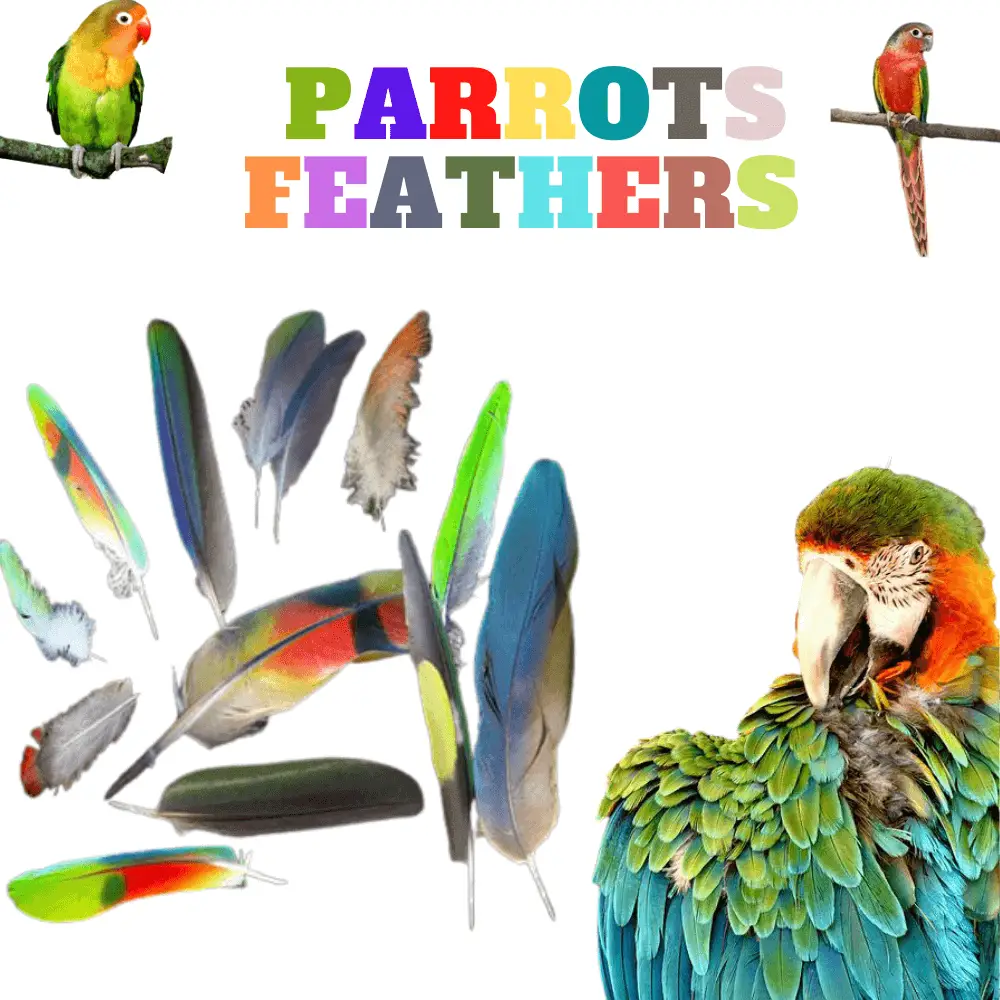
Treatment
If you find that an area of your parrot’s environment isn’t as wonderful as it should be, take immediate action to put your parrot in optimal comfort. Once a bird begins to pluck, it can be difficult to stop it if it has been allowed to do so for a while.
Why is my Parrot Fluffing? Your veterinarian can provide you with drugs that modify your behavior. But these are more effective when combined with the improvement of environmental and behavioral factors. Parrot Toys are very useful for stimulating your feathered companion. Discover our collection by clicking on the image below.
Make sure your pet’s plumage stays intact by being the most caring and considerate owner possible.
If your parrot has been a victim of pecking as well, let us know your experiences in the comments below. Do not hesitate to share with us what you have put in place.
Why is my Parrot Fluffing
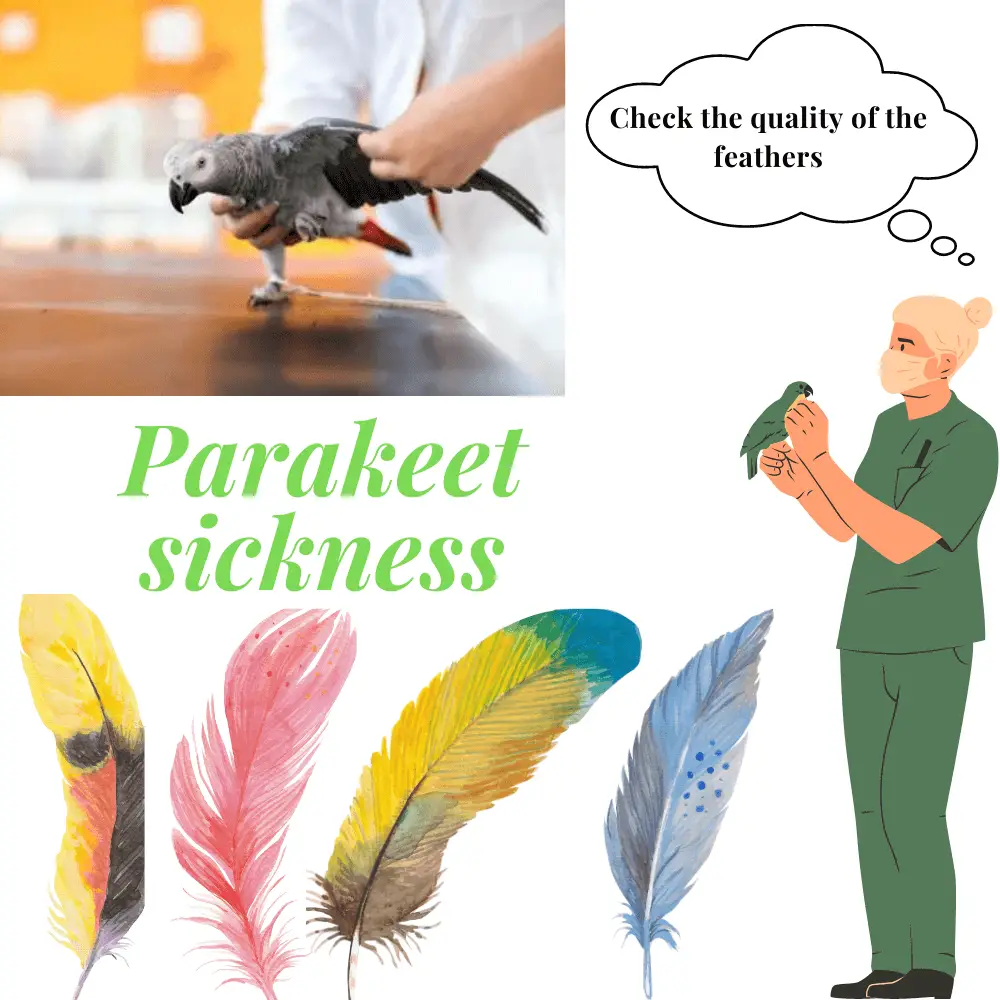
Parrot Body language
Signs of relaxation:
Beak squeak: the lower mandible on the upper mandible with the tongue on the upper mandible. The parrot squeaks from the beak when it is calm or it goes to sleep.
Swelling of the feathers: When a gray is really relaxed, it often swells the feathers of the head and neck. Attention this sign can also be a sign of disease – If the bird stays this way for a long time, contact the veterinarian.
Head under the wing: Many Greys sleep at night with their head under their wing.
Chest feather tremor: This is not a sign of nervousness. Grey feathers move when they feel an emotion. If the feathers of the chest tremble (only the chest), this is a sign of happiness.
Sign of fear:
Immobility: In nature, predators identify their prey by movement, so prey animals remain motionless to avoid being noticed. If your Grey suddenly comes to a standstill, it is because instinctively he reacts to noise, or when he feels that something is wrong.
Plated feathers: Unlike the sign of relaxation where the bird inflates its head and neck feathers, the Grey plates its feathers when it is frightened.
Growl: The African Grey Parrot, growls when frightened of something that is on his territorySigns
Of fear:
Herrized feathers on the body: He inflates all his feathers to look bigger, he is in a position of attack and protects his territory.
Eyes that “zoom”: When the Gray has feathers all herrized in the attack position, his pupils are usually retracted, and they “zoom” with his eyes.
On the other hand, it can also be a sign of relaxation when he focuses on something like when he listens to us talk.
Sign of love
Regurgitation: In nature, the Grey regurgitates to feed its young or its spouse. If your Grey starts shaking his head, zooming in with his eyes, and regurgitating a semi-liquid substance, assume that this is a great compliment, he is trying to feed you.
Moans: If your gray lowers the wings by making them tremble, and emitting small moans, it feels love for you. It’s better to show him how much you love him too, but not to answer “physically” until he is calmed down.
Signs of nervousness:
Nail cleaning with flapping wings: Greys are known to clean their nails, this is not a problem. However, nervous greys tend to bite their nails incessantly and then wave their wings very quickly. it can also be a sign of fatigue.
Hyperactivity: Some Greys are hyperactive when they are nervous, tired, or hungry.
Related Post:

